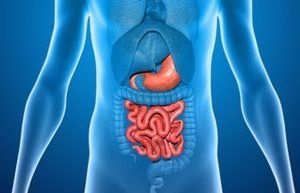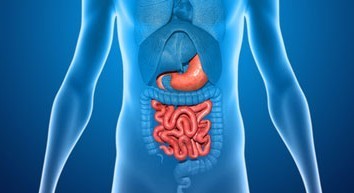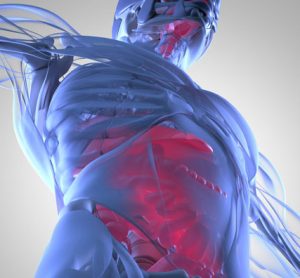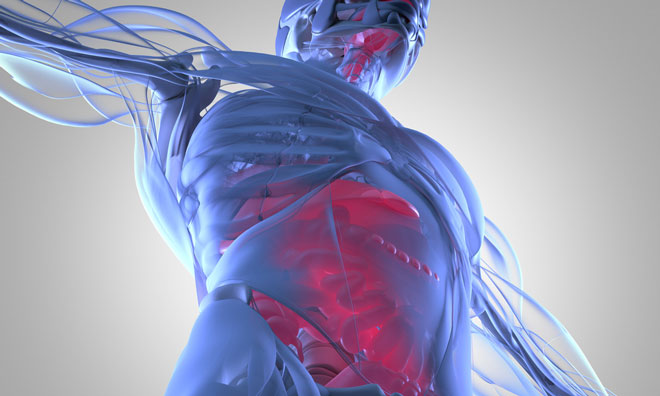Phase II data for Celgene’s investigational Oral GED-0301 for patients with active Crohn’s Disease published
19 March 2015 | By Victoria
Celgene Corporation announce results from a phase II trial of GED-0301 on patients with active Crohn's Disease have been published...















